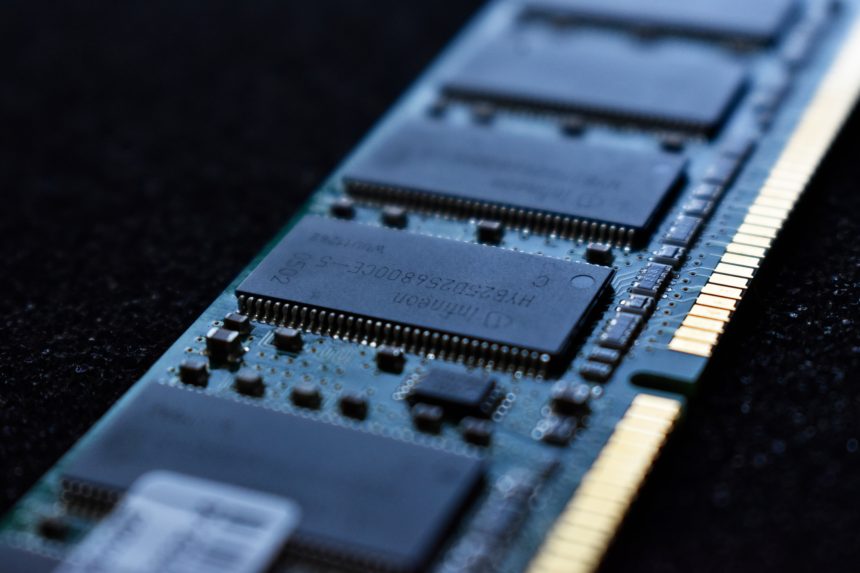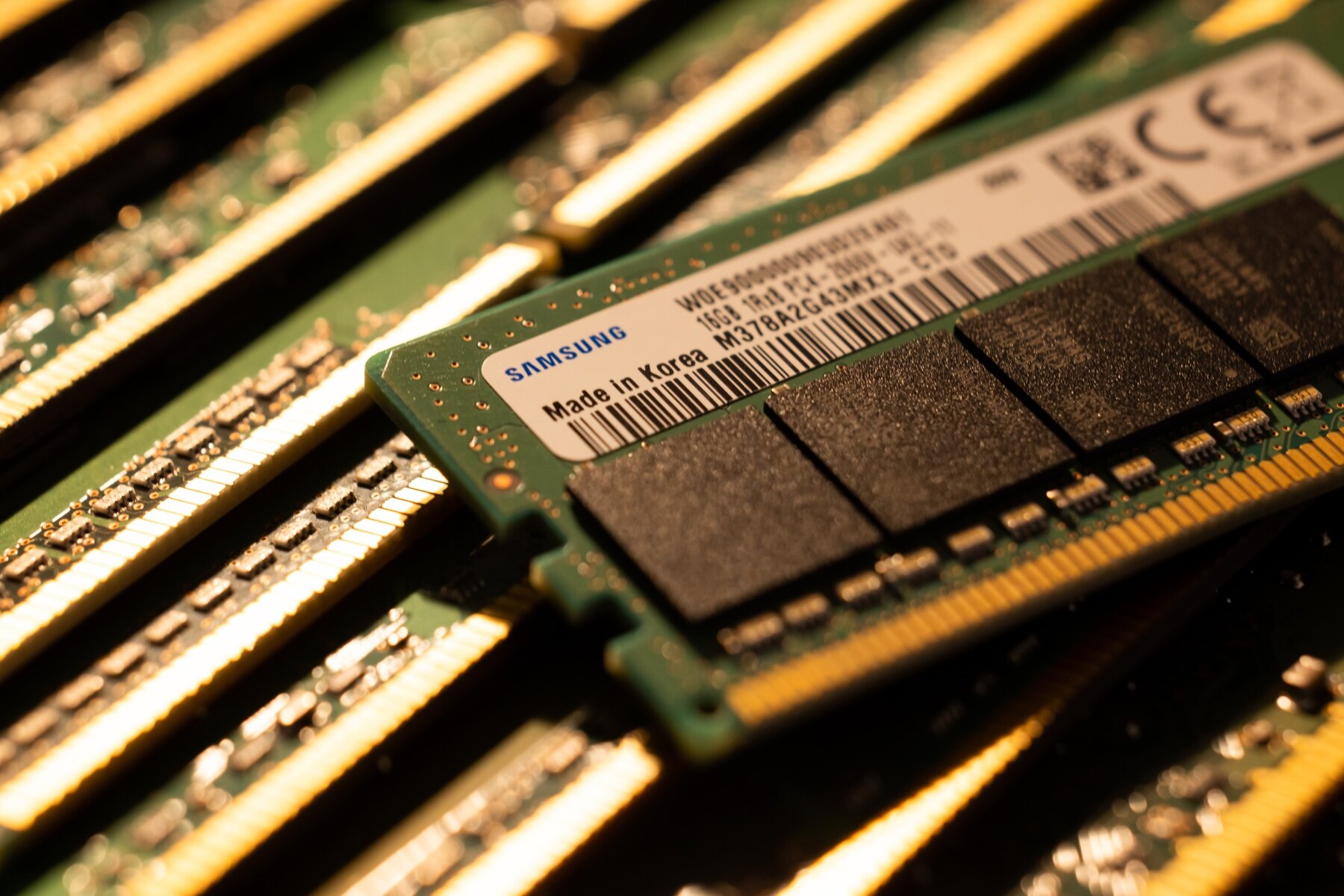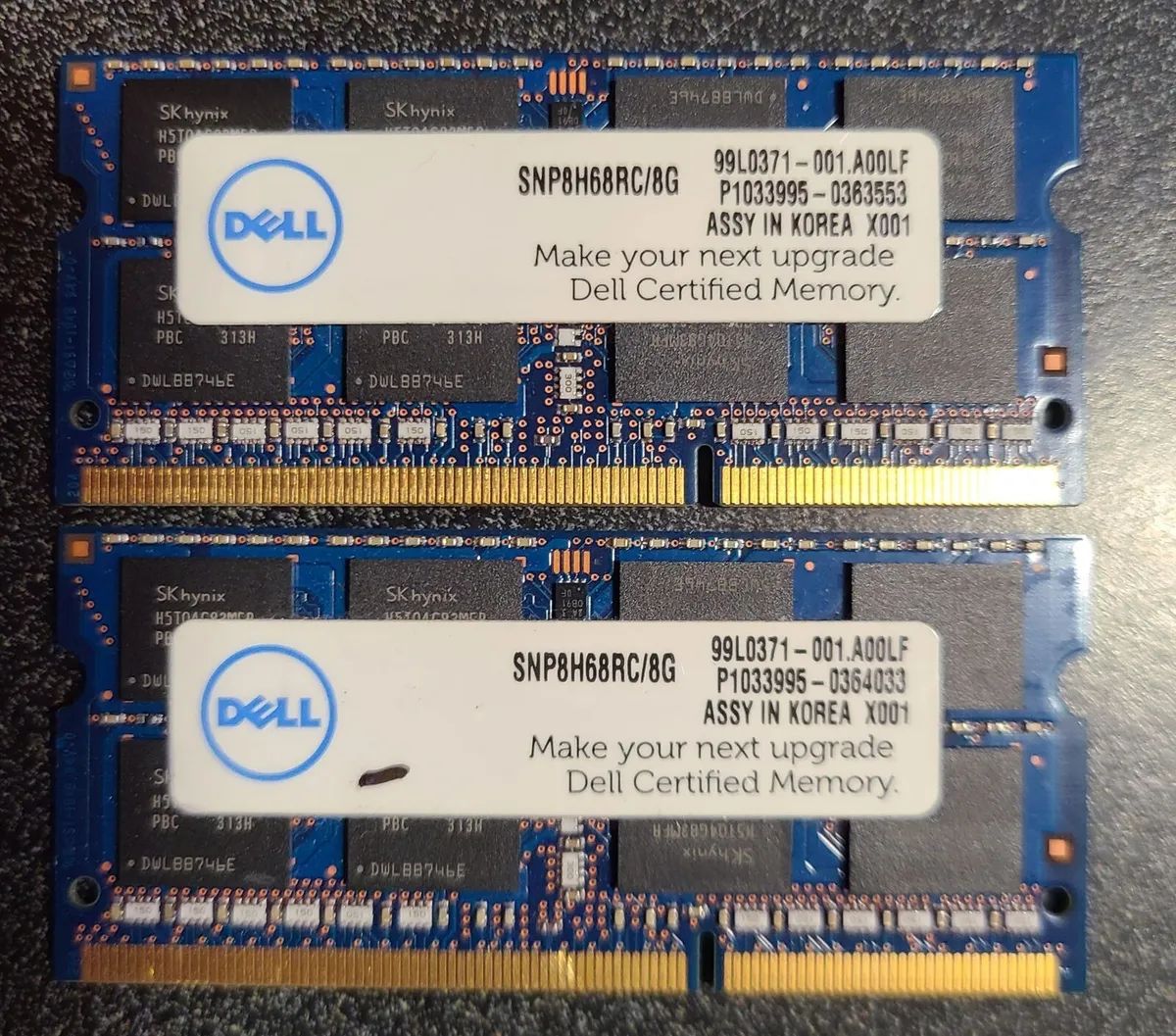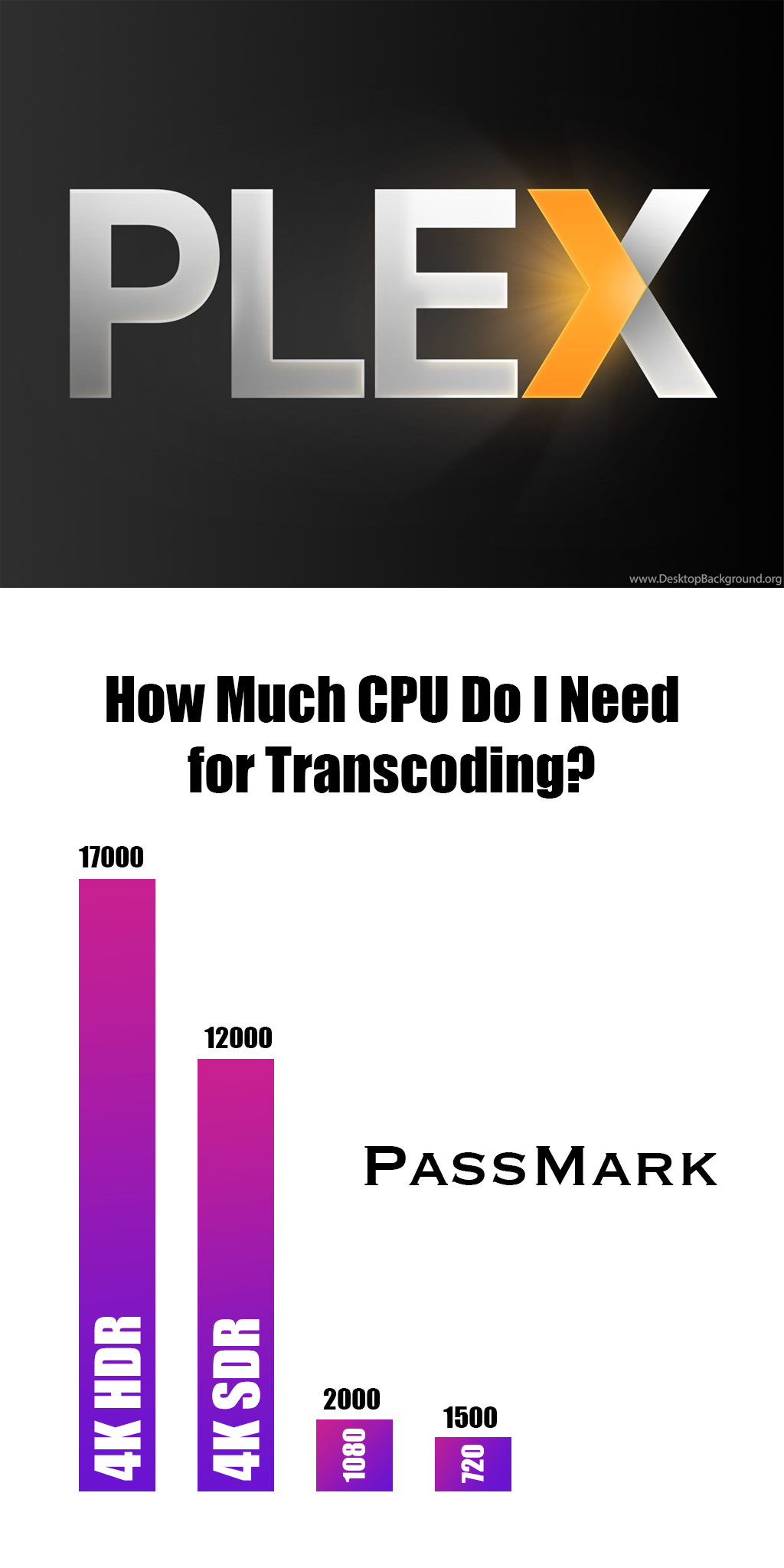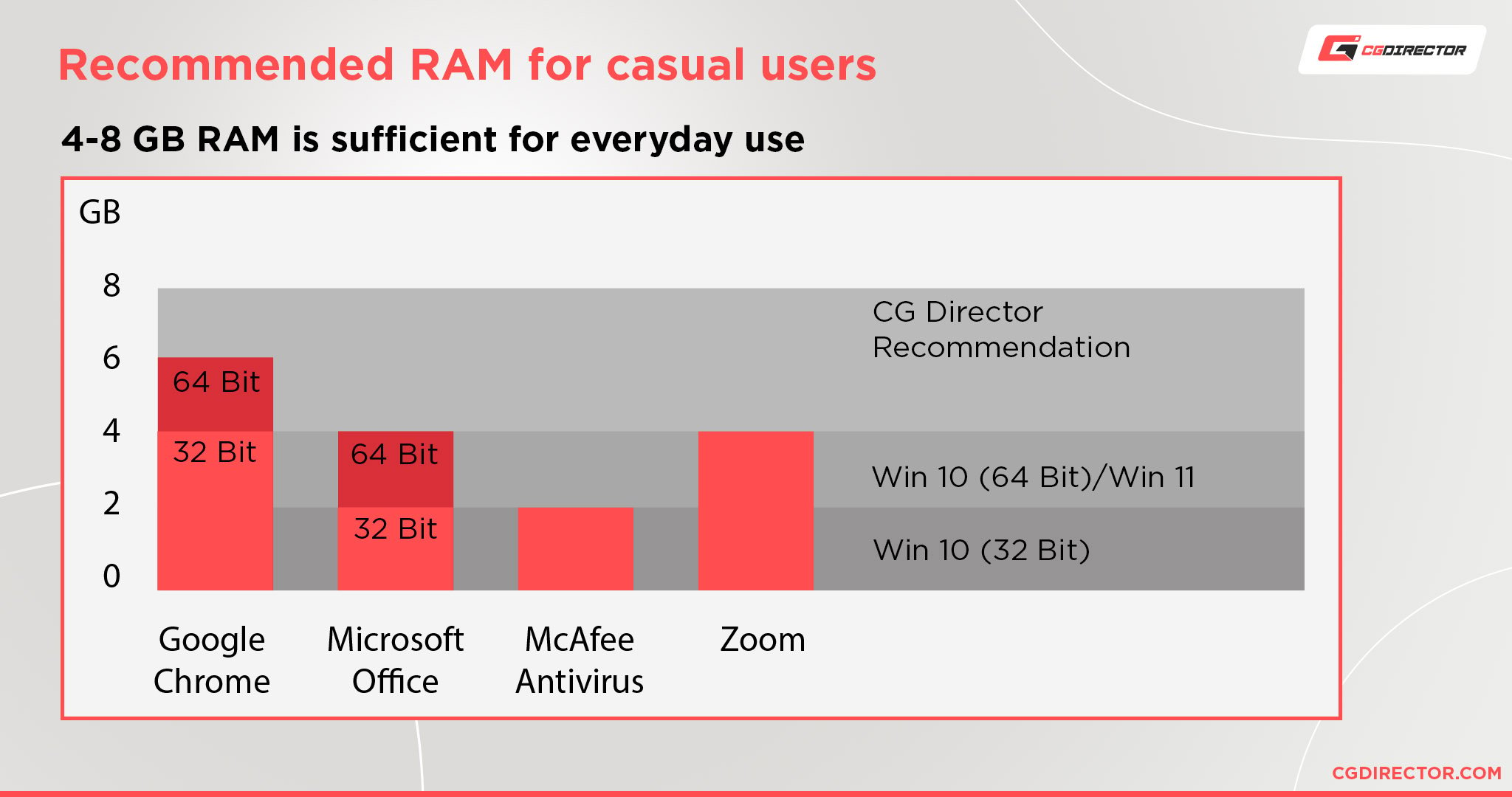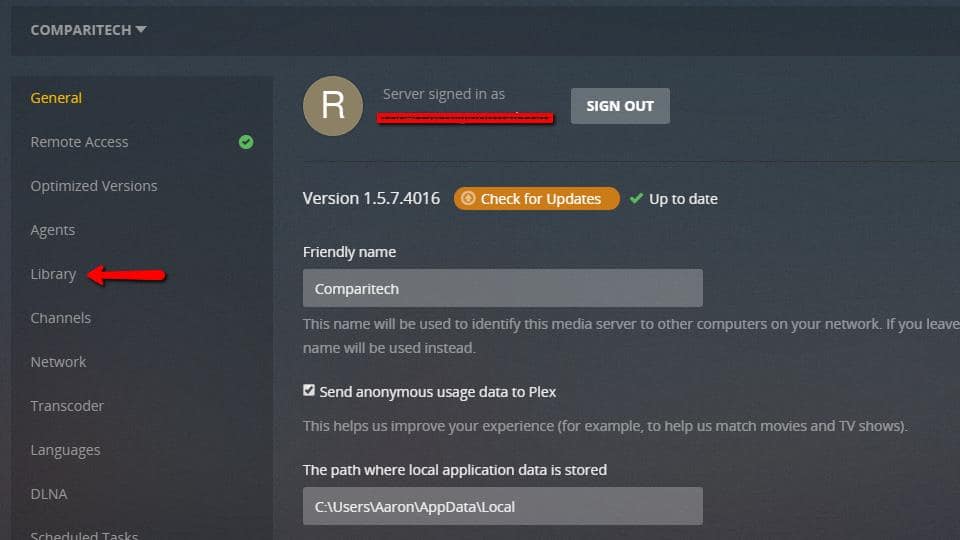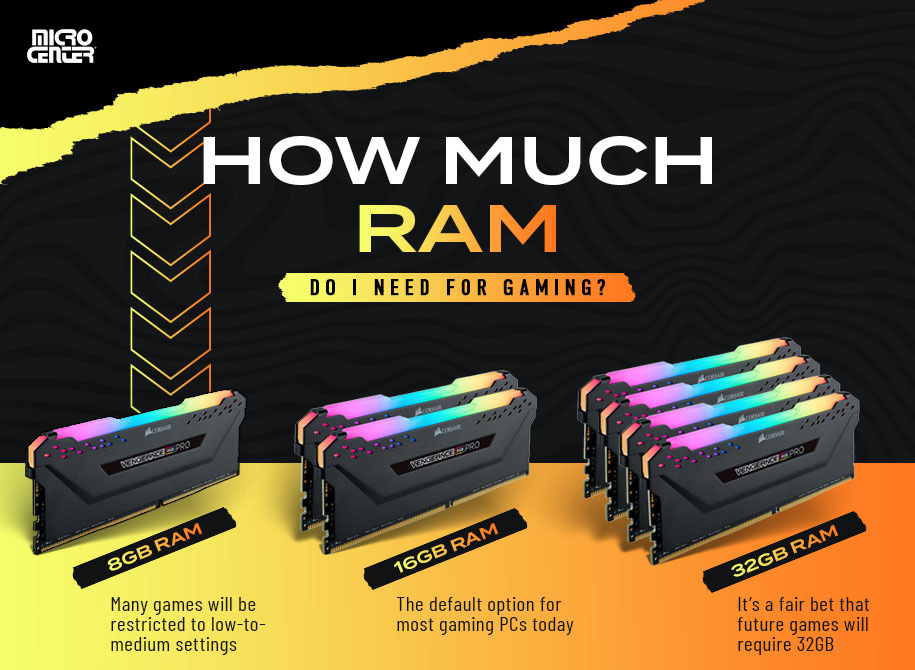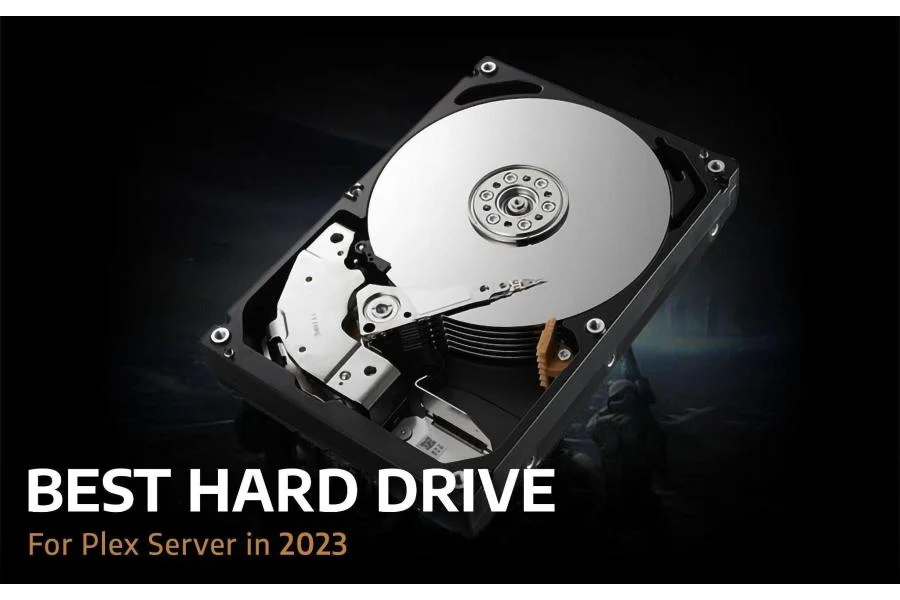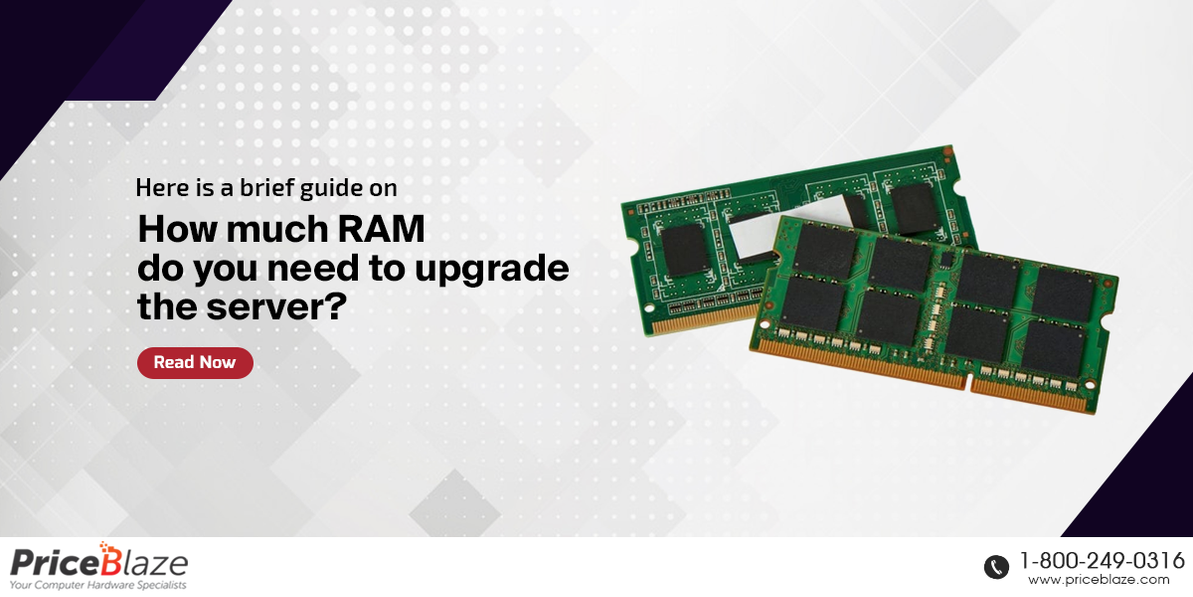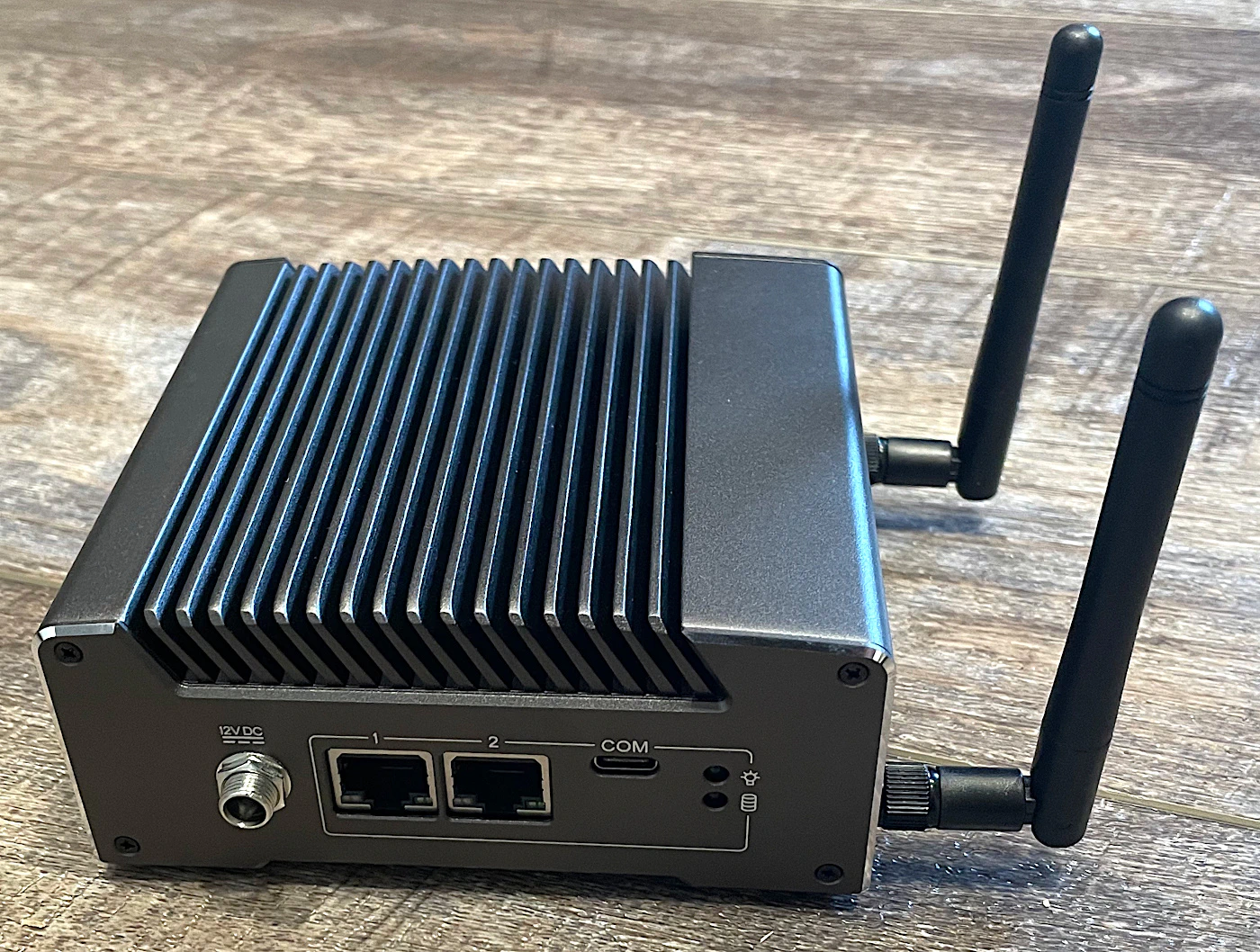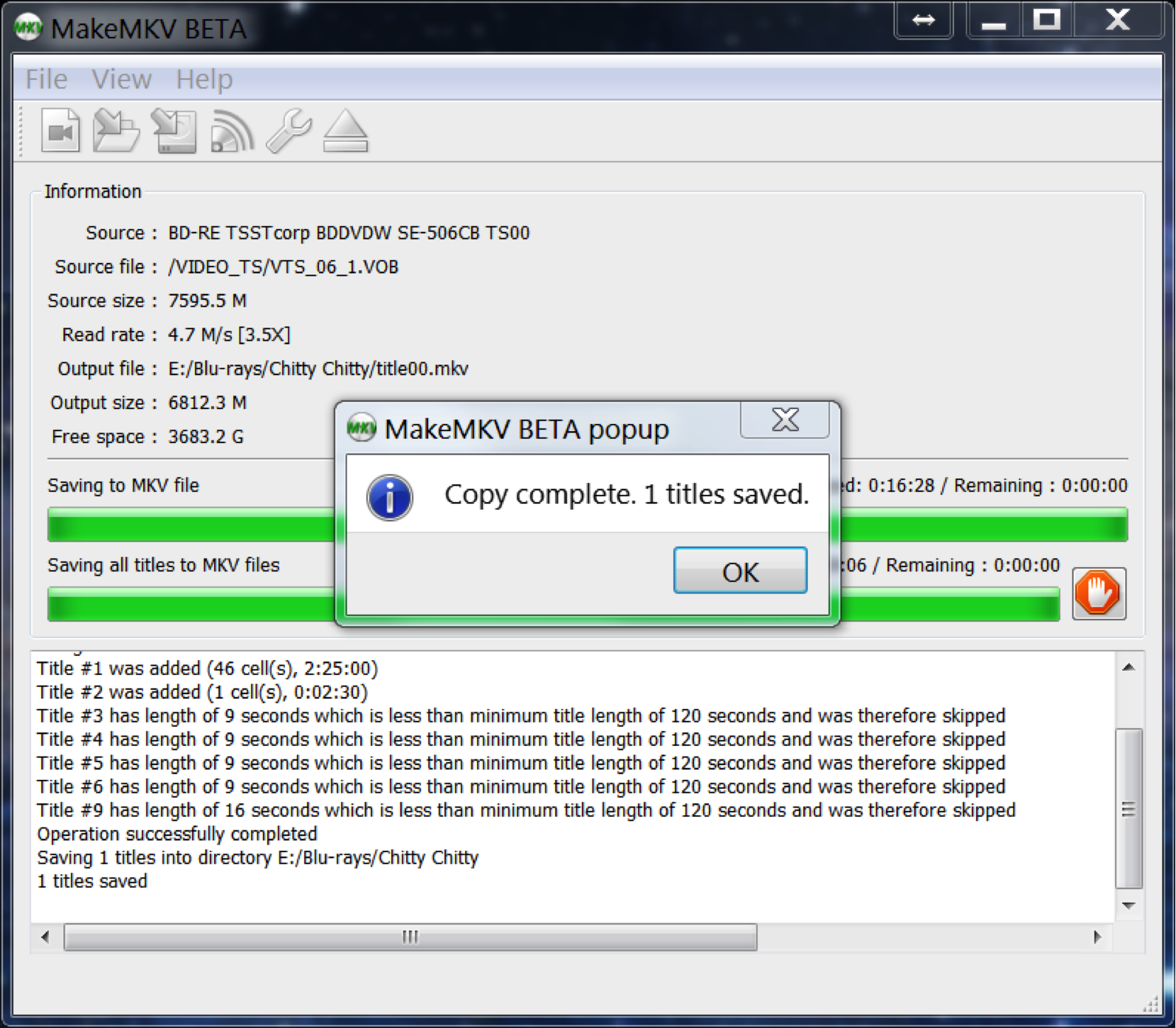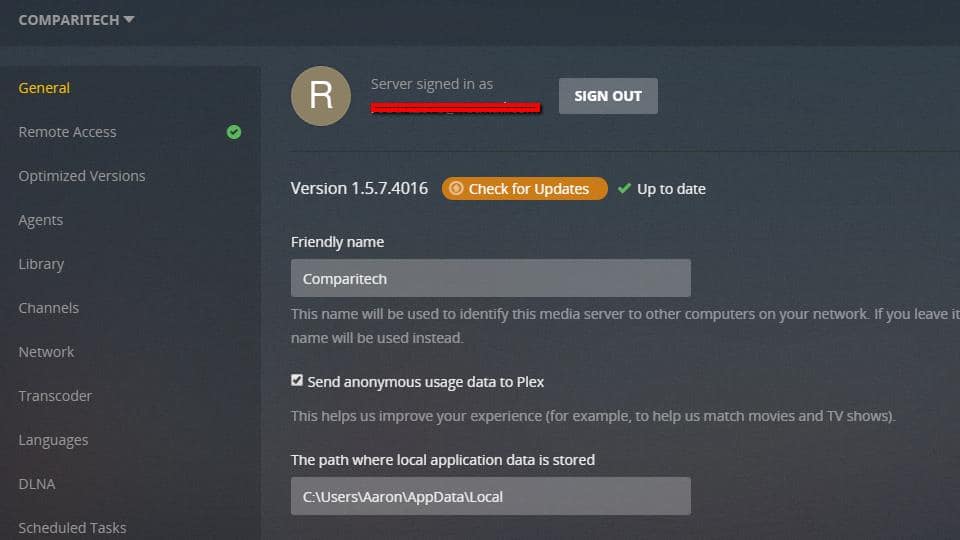How Much Ram Needed For Plex Server

Imagine a cozy evening, the aroma of popcorn filling the air. You're settling in for movie night, ready to stream your favorite film from your Plex server. But then, the dreaded buffering circle appears, shattering the cinematic experience. Is your Plex server powerful enough? One often-overlooked aspect is RAM.
The amount of RAM your Plex server needs directly impacts its performance. A sufficient amount of RAM ensures smooth streaming, especially when transcoding video for multiple users. Understanding RAM requirements prevents frustrating lag and ensures an optimal viewing experience for everyone.
Understanding Plex and Transcoding
Plex is a powerful media server that organizes and streams your personal video, music, and photo collections. It allows you to access your media from various devices, including smart TVs, smartphones, and tablets. The magic of Plex lies in its ability to transcode media, converting it into a format compatible with the device you're using.
Transcoding is the process of converting a video file from one format (resolution, codec, bitrate) to another. This is crucial because not all devices can play all video formats. Transcoding places a significant burden on your server's CPU and, to a lesser extent, its RAM.
RAM Requirements: A Balancing Act
Determining the right amount of RAM for your Plex server isn't an exact science. It depends on several factors, including the number of concurrent streams, the video quality, and whether transcoding is required. However, there are some general guidelines to follow.
The Bare Minimum: 2GB RAM
For a single user streaming direct play content (meaning no transcoding), 2GB of RAM might suffice. This is typically enough if your media files are already in a format compatible with your streaming devices. Direct play puts very little strain on system resources.
The Sweet Spot: 4GB-8GB RAM
If you plan on having multiple users or frequently transcode videos, 4GB to 8GB of RAM is recommended. This allows your server to handle multiple transcoding jobs simultaneously without significant performance degradation. According to the Plex support forum, users with 2-3 simultaneous streams often find 4GB to be adequate.
Heavy Users: 8GB+ RAM
For power users who stream high-resolution content to multiple devices concurrently, or who run other applications on the server, 8GB or more of RAM is ideal. This ensures smooth streaming, even with demanding transcoding tasks. This is especially true if you are using 4K content or have more than 3 simultaneous users.
Beyond the Numbers: Other Considerations
While RAM is important, it's not the only factor affecting Plex server performance. A powerful CPU is equally crucial, especially for transcoding. A fast hard drive (preferably an SSD) can also significantly improve loading times and overall responsiveness.
The type of operating system also plays a role. Linux-based systems generally require less overhead compared to Windows, freeing up more resources for Plex. Keep your Plex Media Server software updated to the latest version for optimal performance.
Monitoring Your Server
The best way to determine if you need more RAM is to monitor your server's performance while it's under load. Use system monitoring tools to track RAM usage and CPU utilization. If your RAM is consistently maxed out during streaming, it's a clear sign that you need to upgrade.
Plex also offers its own dashboard for monitoring server activity and resource usage. Pay attention to the "Transcoder" section to see how much transcoding is happening and if it's impacting performance. This will help you make an informed decision about your RAM needs.
Investing in a Smooth Experience
Ultimately, the amount of RAM you need for your Plex server is an investment in a smooth and enjoyable media streaming experience. By understanding your usage patterns and considering the factors mentioned above, you can choose the right amount of RAM to ensure seamless playback for everyone. No more buffering interruptions, just pure cinematic bliss.


